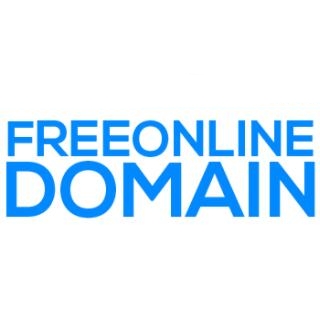
Node.js and Webpack are both very popular and important front-end technologies, but for beginners, who should they learn first? This is a question worth thinking about and discussing. In this article, I will try to explore this question in order to help beginners decide which technology they should learn first.
Introduction to Node.js
Node.js is a JavaScript runtime environment based on the Chrome V8 engine that can be used to quickly build efficient web applications. Node.js adopts an event-driven, asynchronous programming model and can use JavaScript to develop applications on the server side, greatly enhancing the functionality and application scope of JavaScript.
Advantages of Node.js:
Asynchronous I/O operations can handle a large number of concurrent requests.
Ability to easily manage front-end dependencies, such as installing and using third-party libraries via NPM.
JavaScript can be run on the server side, simplifying the entire web application development process.
Supports a wide range of libraries and modules so developers can create applications faster.
Introduction to Webpack
Webpack is a static module bundling tool for modern JavaScript applications. Through Webpack, developers can package various types of files (JavaScript, CSS, images, etc.) into one or multiple files, which facilitates the development and management of web applications. Advantages of Webpack:
Multiple JavaScript modules can be packaged into a single file, which facilitates code management and maintenance.
Can handle multiple types of resources, including CSS, images, fonts, etc.
Supports the use of loaders and plugins to extend and customize Webpack functionality.
It can implement functions such as code splitting, lazy loading, and hot module replacement, improving the performance and maintainability of web applications.
The relationship between Node.js and Webpack
Node.js and Webpack can be used together, supporting the use of modules and functions in Node.js in Webpack, and the use of Webpack-packaged applications in the Node.js environment. Therefore, learning Node.js and Webpack can complement each other.
So, which one should you learn first?
For beginners, it is recommended to learn Node.js first.
The importance of Node.js in web application development is self-evident. It helps simplify code development and management and improves the maintainability and scalability of applications. In the process of learning Node.js, we need to understand some basic knowledge, such as how to create and run applications, how to use NPM to install and manage dependencies, how to use the Express framework to quickly build web applications, etc.
At the same time, learning Node.js will also involve basic knowledge and programming techniques of JavaScript, such as asynchronous programming, callback functions, event-driven, etc. This knowledge will be very important later in the web application development process, so after learning basic Node.js skills, it will be easier to learn other technologies such as Webpack.
Of course, if you already have Node.js skills, learning Webpack is also very valuable. Webpack can help us better manage front-end resources and dependencies, improving the performance and maintainability of web applications. Learning Webpack requires understanding some basic concepts and technologies, such as modular development, loaders, plug-ins, etc.
in conclusion
Node.js and Webpack are very important technologies in front-end development, and both help simplify the development and management process of web applications. Although there are many interconnections between them, for beginners, it is recommended to learn Node.js first, because it is the basic technology for web application development and can help us better understand and apply other front-end technologies.
Copyright Description:No reproduction without permission。

Knowledge sharing community for developers。
Let more developers benefit from it。
Help developers share knowledge through the Internet。
Follow us
2023-12-04